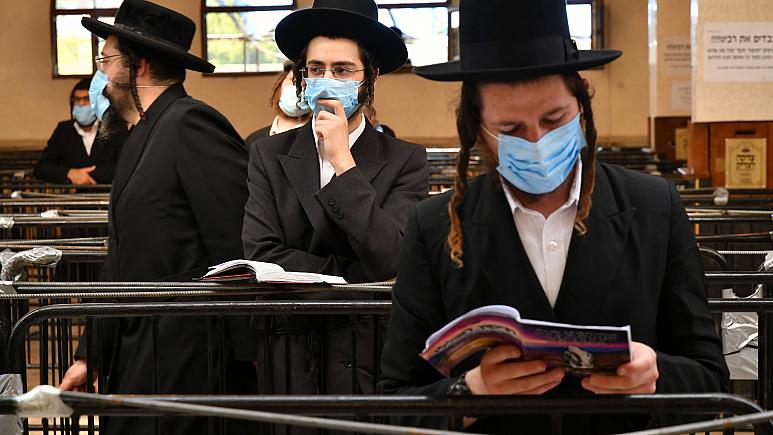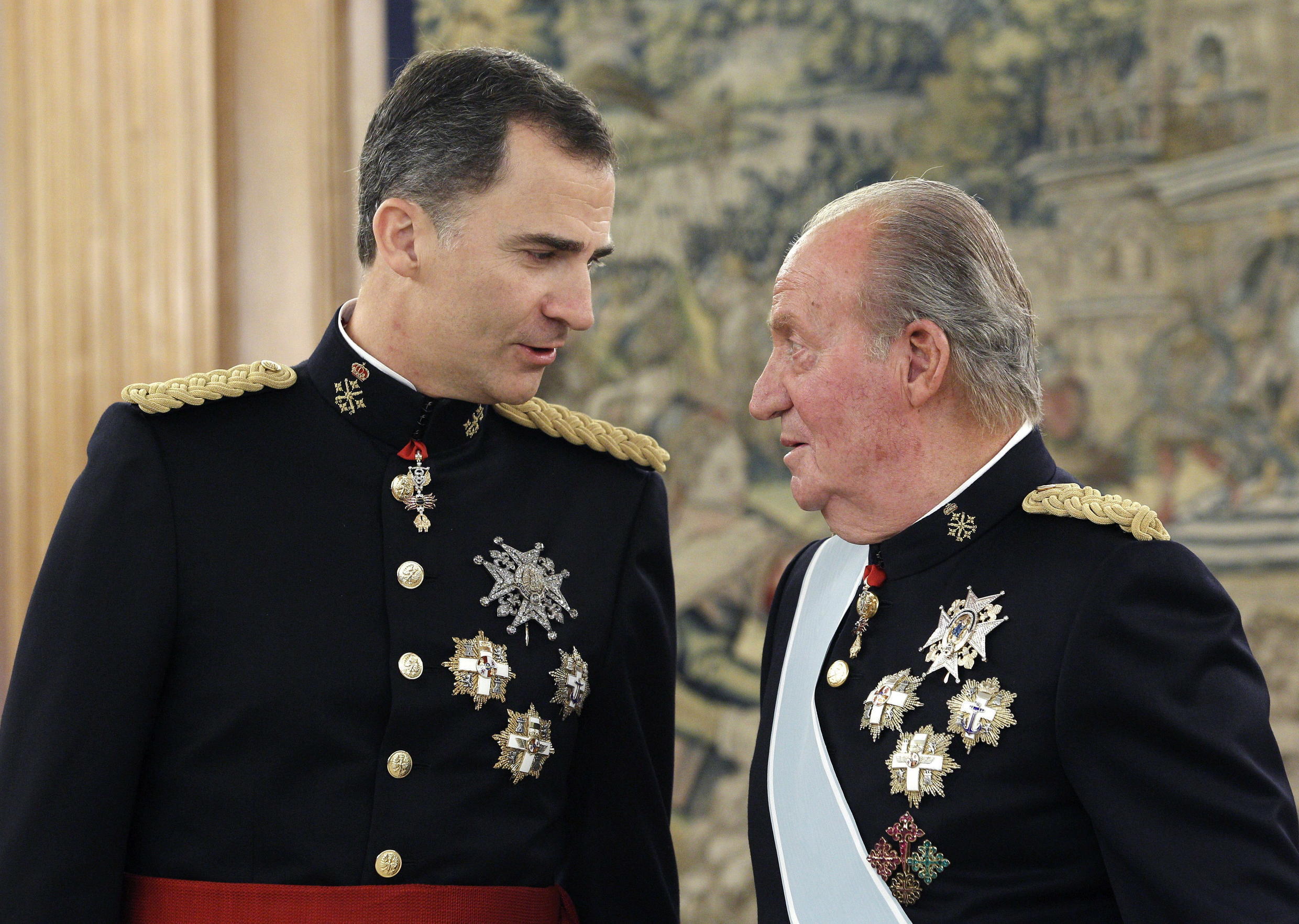Ukraine accuses Belarus of stoking tensions over Jewish pilgrims

Ukraine has accused Belarus of encouraging more Jewish pilgrims to go to their shared border even as up to 2,000 of them remain stranded there.
In a statement, Ukraine said that Belarus was “exacerbating tensions” by claiming that the pilgrims, devout Hasidic Jews who want to visit the tomb of a famous rabbi, will be able to cross the border.
[contfnewc]
On the contrary, both Ukraine and Israel have urged members of the Hasidic community not to visit Uman, the central Ukrainian town where the grave of Rabbi Nahman, the founder of the Breslov Hasidic movement, is located.
“We call on the Belarusian authorities to stop [peddling] false statements that [give] the impression that the border of Ukraine can be broken open to foreigners,” Ukraine’s presidency said.
Hundreds of Hasidic Jews, including children, are currently camped out at the border of the two countries, where charities and pilgrims claim they are running out of food and medical supplies.
“We are stuck here with no money, no roof, no food or drink,” said Haim Weitshandler, 40.
[contfnewc]
Weitshandler urged the Israeli government to resolve what he called a “humanitarian catastrophe”.
Hasidic Jews travel to Ukraine every Jewish New Year — which is being marked from September 18-20 — in their tens of thousands to worship at Rabbi Nahman’s tomb.
But Ukraine is keen to avoid a spike in coronavirus infections and Kyiv has closed its borders to foreigners until late September. Israel has imposed a three-week lockdown.
A video released by Ukrainian border guards showed dozens of ultra-Orthodox pilgrims in traditional garb praying in the middle of a road near a long line of trucks.
Suitcases and bags were strewn on the ground while one man played a guitar.
Ukrainian border guards armed with shields looked on, forming a cordon.
Belarus’ Alexander Lukashenko has told officials to provide assistance to the pilgrims, accusing Ukraine of “shutting its borders” and leaving hundreds of people in neutral territory.
The Belarus Red Cross Society said the pilgrims did not have “enough resources to ensure their basic needs” and assistance was being provided, particularly to parents with children, the elderly and people with disabilities.
‘Three charter planes’
As of Tuesday morning, 690 pilgrims were at the Ukrainian-Belarusian border and hundreds more were expected to arrive, Kyiv said.
“We expect that three charter planes — some 600 foreigners — will arrive in Minsk,” Deyneko said, referring to the capital of Belarus.
He said up to 1,000 people were expected to arrive at the border near Ukraine’s northern Chernigiv region, while in the northwest up to 700 were expected near Zhytomyr region and as many as 1,500 people near Volyn region.
Authorities have deployed aircraft and drones to monitor the border and said the pilgrims were receiving water and kosher food from Jewish organisations.
The border guard service said people were trying to enter Ukraine “even after having received explanations and were fully aware of the entry restrictions for foreigners”.
Thousands of pilgrims have already arrived in Uman, police said.
Speaking to AFP in the historic city, Haim Hasin, a 43-year-old representative of the local Jewish community, expressed hope that travellers would soon be allowed in.
“We are trying to do everything to prepare the place. All restrictions are being followed here,” he said.
As pilgrims one by one approached the tomb and kissed it, fellow worshippers in yellow vests immediately moved to disinfect it and temperature checks were carried out. Signs outside urged people to wear masks.
Last week, a group of pilgrims broke apart barriers set up to ensure the orderly passage to the shrine and Ukraine said it would deport two people.
[contfnewc]
[contfnewc]
Read from source [contfnewc]
[contfnewc]
[contfnewc]
[contfnewc]
[contfnewc]
[contfnewc]
[contfnewc]
[contfnewc]
[contfnewc]
[contfnewc]
[contfnewc]

















